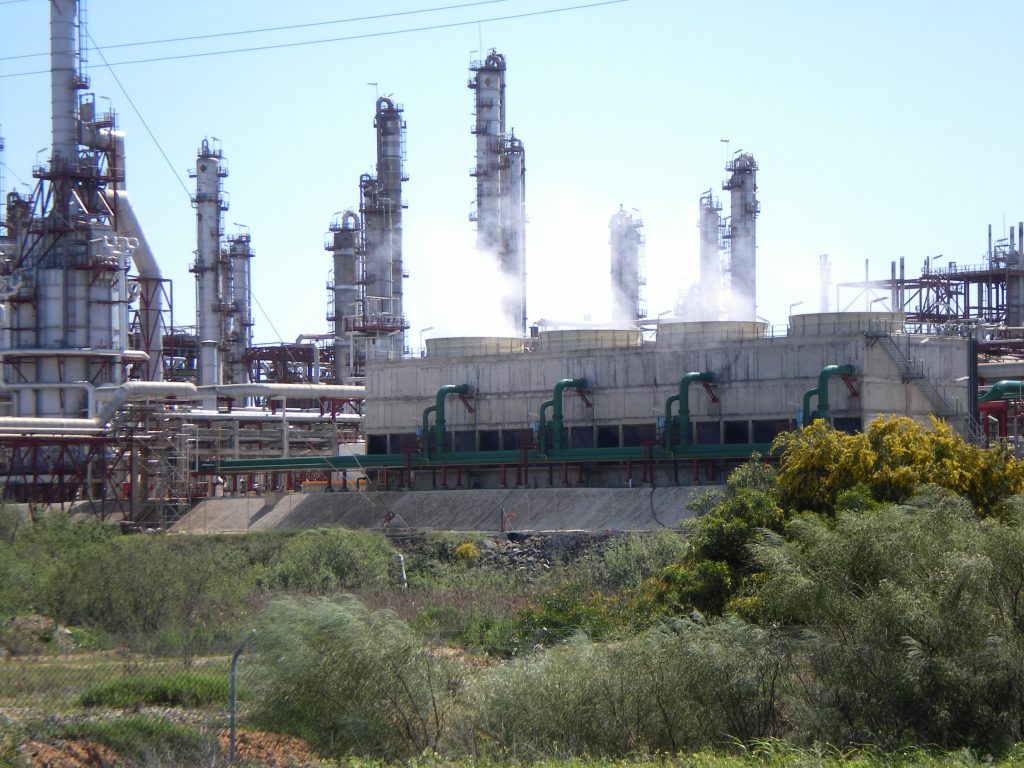The transition to more sustainable and clean cooling and heating systems will contribute to job creation and wealth after Covid crisis in 2020.
A study made by International Renewable Energy Agency (IRENA), International Energy Agency (IEA) and the Renewable energy community for the XXI century (REN21) affirms that. The report describes the advantages and the barriers for investments in addition to global level policies that have to be accomplish and will facilitate the accelerated implementation of heating and cooling sustainable systems. The document also collects five transformation ways:
- Sustainable energies
- Sustainable biomass
- Thermal solar energy
- Geothermal energy
- Renewable gases
Since 1990 climate change has caused a tripling in cooling demand.

Evaporative cooling: efficient, sustainable and respectful with the environment
Large part of energy that it´s use in cooling and heating has its origin in fossil fuels or inefficient uses of biomass. As a result, the heating and refrigeration contaminate the air. This assumes more than the 40% of CO2 global emissions related with energy. At the same time, 2.800 million people actually depend on inefficient and polluting combustibles for cooking.
The energy consumption in heating and cooling represent approximately half of the demand of final global energy especially in industrial procedures, pursued by residential and agricultural applications.
There are more companies in process industry that use evaporative cooling, represented by evaporative cooling towers and condensers.
Why is evaporative cooling efficient and sustainable?
-In economic level, evaporative cooling towers and condensers offer the ideal choice because of the energy consumption and the installation cost, what involves a relation between investment/performance against similar options. In addition, the investment has a fast return thanks to the produced energy saving.
-The industrial sector demands efficient solutions from an energetic point of view. Evaporative cooling ensures electricity consumption savings in cooling system procedures like conditioning in buildings, maintaining environmental respect.
-Cooling towers dispel approximately four times more heat than dry systems and double than hybrids.
-The use of water in evaporative equipments is small, so the saving, comparing with single step cooling systems, overcomes 95%. Water is recirculated and restore to the environment in vapour and water drainage way.
-New technologies allow optimizing energy efficiency in cooling towers.
We can conclude that the transition to cooling and heating renewable sources will help increasing the access to clean, affordable and reliable heating and cooling services over the world. The report points out that at the same time they would develop job creation and stimulate economy and energy independence.
December 3rd, 2020